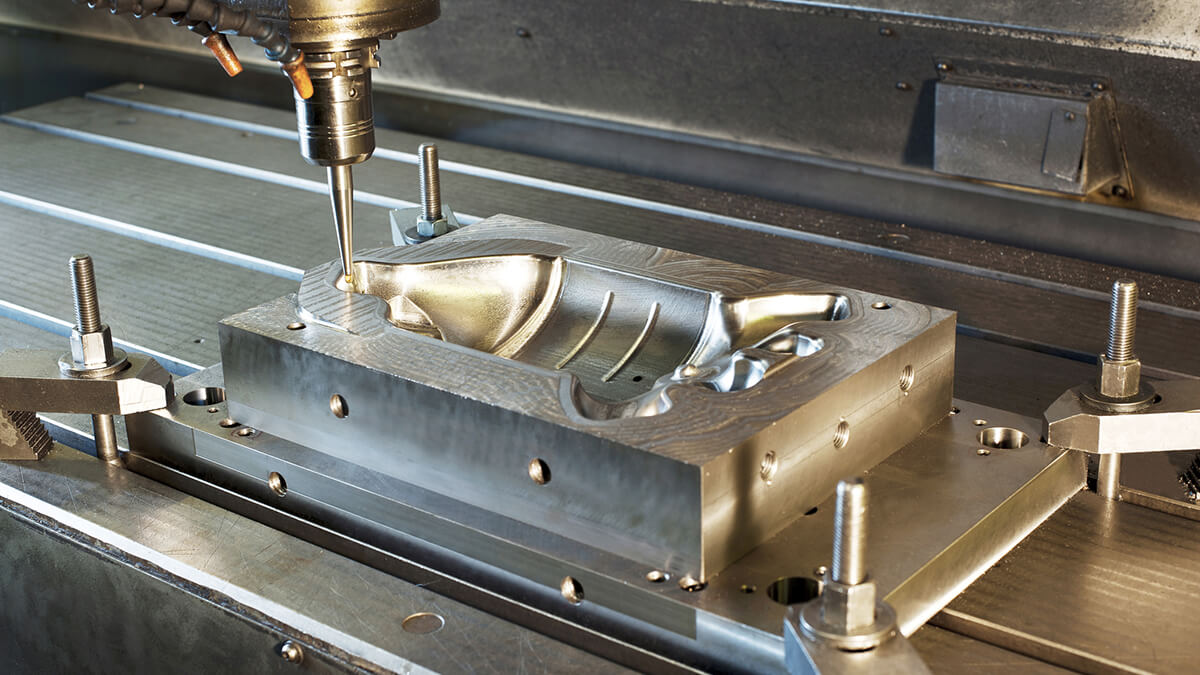Casting is a versatile and widely used manufacturing process that involves pouring molten metal into a mold to create various products and components. One of the critical decisions in the casting process is choosing the right metal alloy. While there are several metals suitable for casting, A356 Aluminum Casting stands out as a popular choice due to its exceptional properties. In this blog, we will explore the advantages and disadvantages of aluminum compared to other metals for casting applications.
The Versatility of Aluminum
Aluminum is one of the most versatile metals for casting, and there are several compelling reasons for its widespread use:
- Lightweight: Aluminum is exceptionally lightweight, making it ideal for applications where weight is a critical factor. This characteristic is particularly advantageous in the automotive and aerospace industries, where reducing weight can improve fuel efficiency and overall performance.
- Excellent Corrosion Resistance: Aluminum naturally forms a thin oxide layer on its surface, which provides excellent corrosion resistance. This property makes aluminum ideal for outdoor and marine applications where exposure to moisture and corrosive environments is a concern.
- High Thermal Conductivity: Aluminum has a high thermal conductivity, which means it can quickly dissipate heat. This makes it suitable for applications like heat exchangers, radiators, and electronic components, where efficient heat transfer is essential.
- Good Electrical Conductivity: Aluminum also boasts good electrical conductivity, making it a preferred choice for electrical components and conductive parts.
- Recyclability: Aluminum is highly recyclable, which aligns with the growing emphasis on sustainability and eco-friendliness. Recycling aluminum requires significantly less energy compared to primary production, making it an environmentally responsible choice.
Comparing Aluminum to Other Metals
While aluminum has numerous advantages, it’s essential to consider how it stacks up against other metals commonly used in casting:
- Steel: Steel is known for its strength and durability, making it suitable for heavy-duty applications. However, steel is much heavier than aluminum, which can be a drawback in weight-sensitive applications.
- Brass and Bronze: Brass and bronze alloys are valued for their aesthetic appeal, corrosion resistance, and wear resistance. They are commonly used in art casting and marine applications. However, these metals can be heavier than aluminum and may not have the same strength-to-weight ratio.
- Copper: Copper offers excellent electrical and thermal conductivity, but it is heavier than aluminum. It is often used in electrical components, but aluminum is preferred when weight reduction is a priority.
- Magnesium: Magnesium is even lighter than aluminum, but it is highly flammable, which limits its use in certain applications. Additionally, magnesium alloys can be more expensive and challenging to work with compared to aluminum.
Conclusion
In the world of casting, aluminum is undeniably a standout performer due to its exceptional combination of properties. Its lightweight nature, corrosion resistance, thermal and electrical conductivity, and recyclability make it an ideal choice for a wide range of applications. However, it’s crucial to consider the specific requirements of your project and weigh the advantages and disadvantages of aluminum against other metals. Each metal has its unique characteristics, and the right choice depends on factors such as strength, weight, cost, and environmental considerations. Ultimately, the decision between aluminum and other metals for casting will hinge on the specific needs of your project and the desired properties of the final product.
